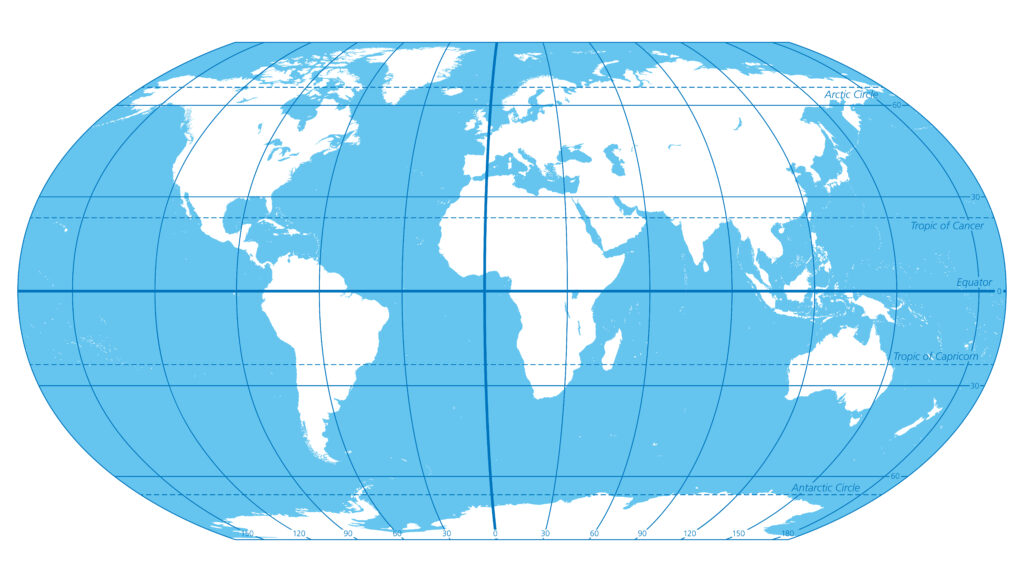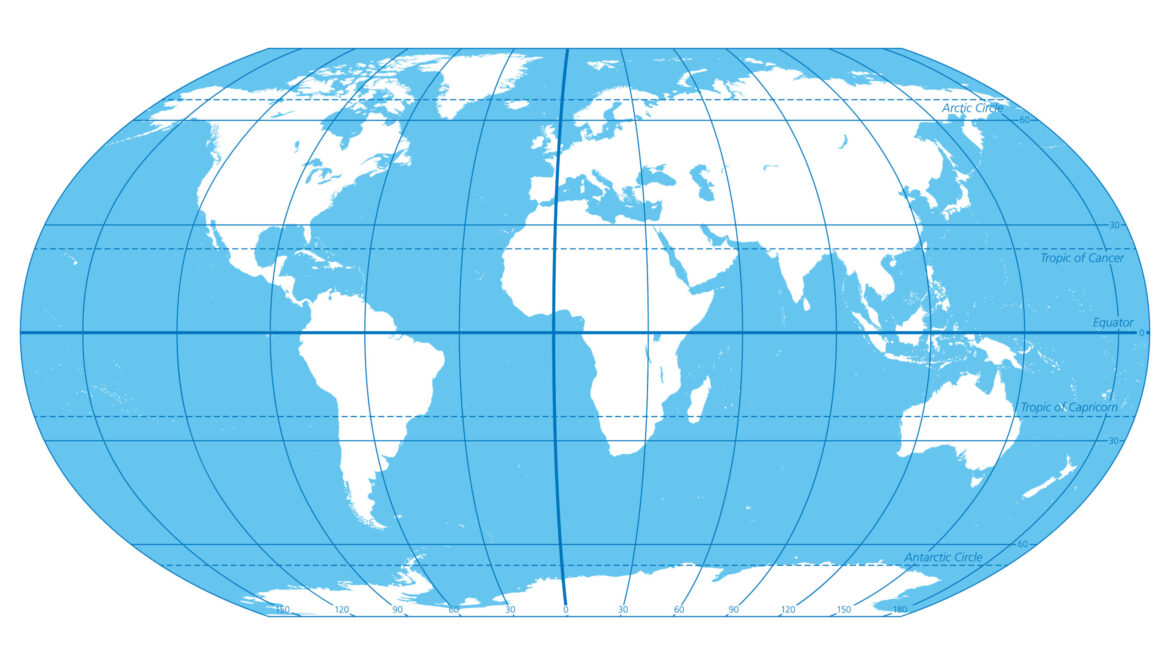

The theme for this year’s celebration of World Portuguese Language Day was “the promotion and dissemination of the Portuguese language and cultural diversity of CPLP (Community of Portuguese-Speaking Countries) member states: from traditional experiences to digital platforms,” to reflect the growing relevance of Portuguese in the digital age.
Highlighted was the need to leverage technological tools, including artificial intelligence and digital media, to preserve, teach, and promote the Portuguese language across generations and borders.
The Language Day also celebrated the diverse and rich cultures of the nine countries that form the CPLP, including, in Africa, Angola, Mozambique, Guinea Bissau, Cape Verde, São Tomé e Principe and Equatorial Guinea; in Asia, East Timor; in South America, Brazil; and in Europe, Portugal.
“Portuguese is not only a means of communication but also a symbol of identity, memory, and shared heritage. As a pluri-centric language, it reflects the diversity of its speakers and the richness of their individual experiences and national cultures. Celebrating May 5 is an opportunity to honor this diversity, strengthen linguistic and cultural ties, and look toward the future with a sense of unity and purpose,” a joint statement said.
Consul of Brazil in Boston Santiago Irazabal Mourão pointed out how World Portuguese Language Day offers an opportunity to reflect on the power of Portuguese as a bridge across peoples, cultures, and histories.
“The global relevance of Portuguese continues to grow… It stands today as one of the greatest international languages of the 21st century, promoting dialogue, cultural exchanges, and cooperation across borders,” he stressed.
Mourão said that Portuguese is not only a language deeply intertwined with history and culture but also a language of science, discovery, and innovation and the voice of researchers and thinkers.
“Portuguese empowers us not only to dream but to understand, to create, and to act,” he said. “It is therefore a symbolic and functional language, one that opens doors to better education, better jobs, and better lives. Mastering Portuguese is not only a matter of cultural identity; it is a gateway to opportunities, participation, and progress.”
João Caixinha, the coordinator for the Portuguese Language Programs and Education Affairs in the USA/Camões Institute, noted that Portuguese is not only one of the most widespread languages in the world but also the most spoken language in the Southern Hemisphere.
“Portuguese remains today a major language of international communication and a language with a strong geographical projection, destined to increase,” he said. “It represents 3.6% of the global wealth and 3.8% of the global population. It is the fifth most used language online, after English, Chinese, Spanish, and Arabic. It’s the third most used language on Facebook. By 2050 we expect 380 million people to be speaking Portuguese in the world.”


